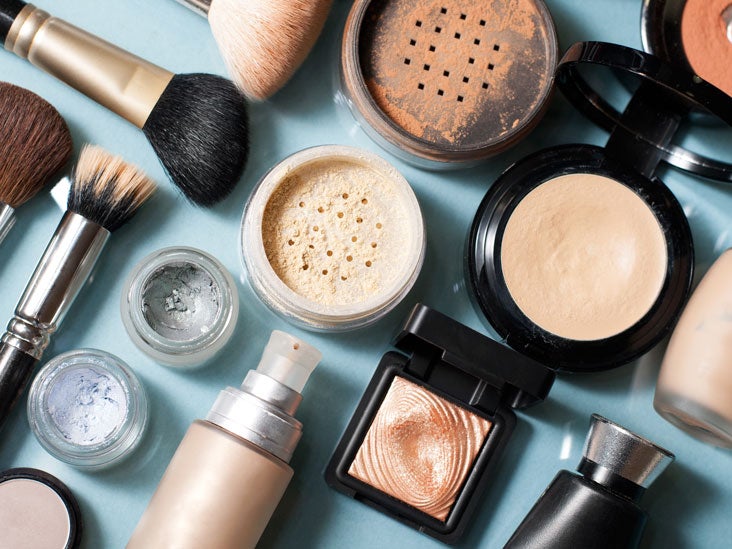 What is a cosmetic product? 💄
What is a cosmetic product? 💄
In the United Kingdom and Europe, a cosmetic product is defined as:
"A "cosmetic product" shall mean any substance or mixture intended to be placed in contact with the various external parts of the human body (epidermis, hair system, nails, lips and external genital organs) or with the teeth and the mucous membranes of the oral cavity with a view exclusively or mainly to cleaning them, perfuming them, changing their appearance and/or correcting body odours and/or protecting them or keeping them in good condition."
Nowadays it is easy for consumers to research products and their ingredients however, with an evergrowing industry and a constant list of new "trends", there has also been a massive increase in fake news that companies are feeding consumers. Click to find out more about cosmetic regulations in the UK and Europe .
| Fake News vs The Truth | |
|---|---|
| Fake | True |
|
|
Want to learn more? Subscribe to our page to receive monthly newsletters on Cosmetic Regulation!